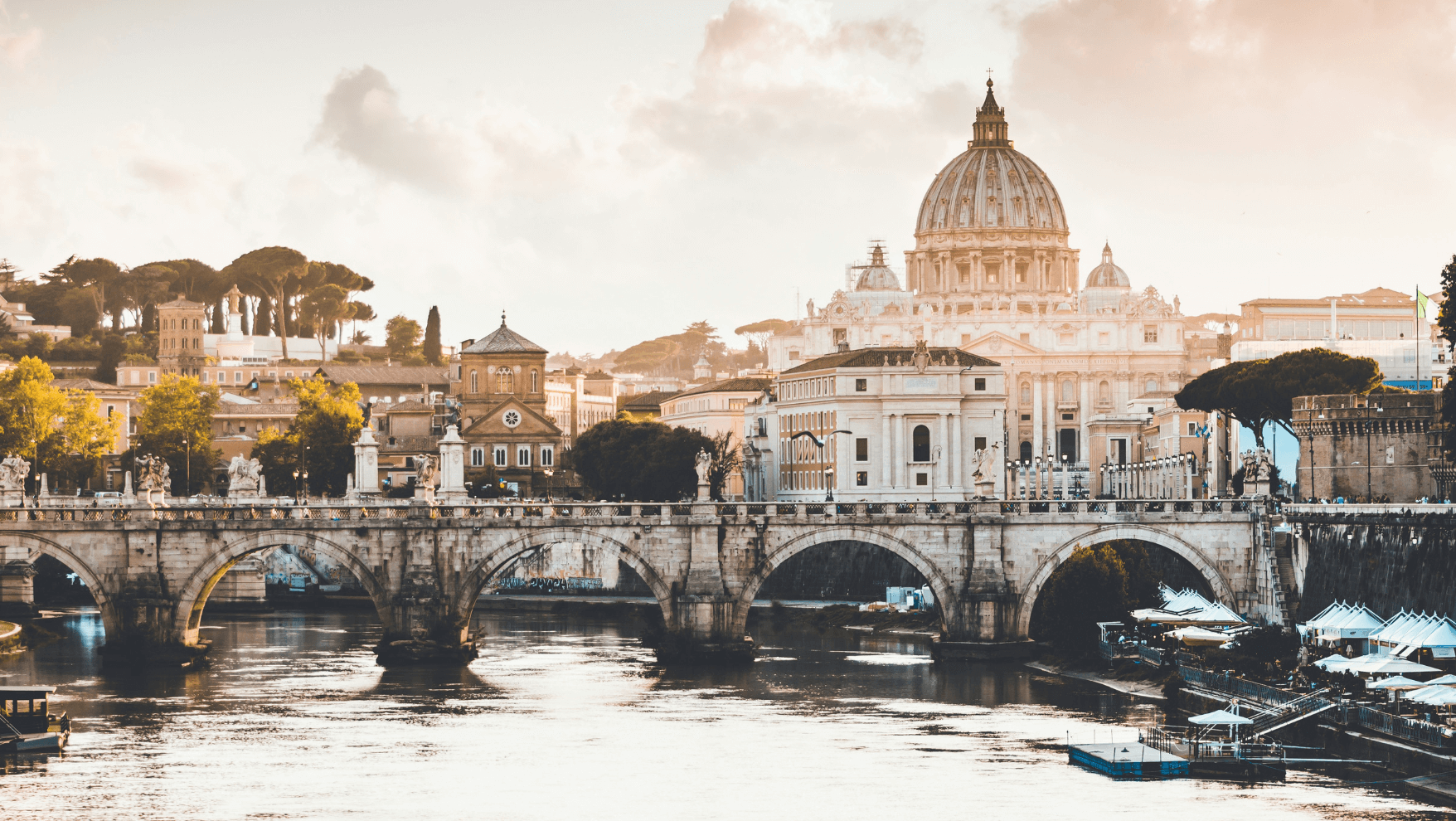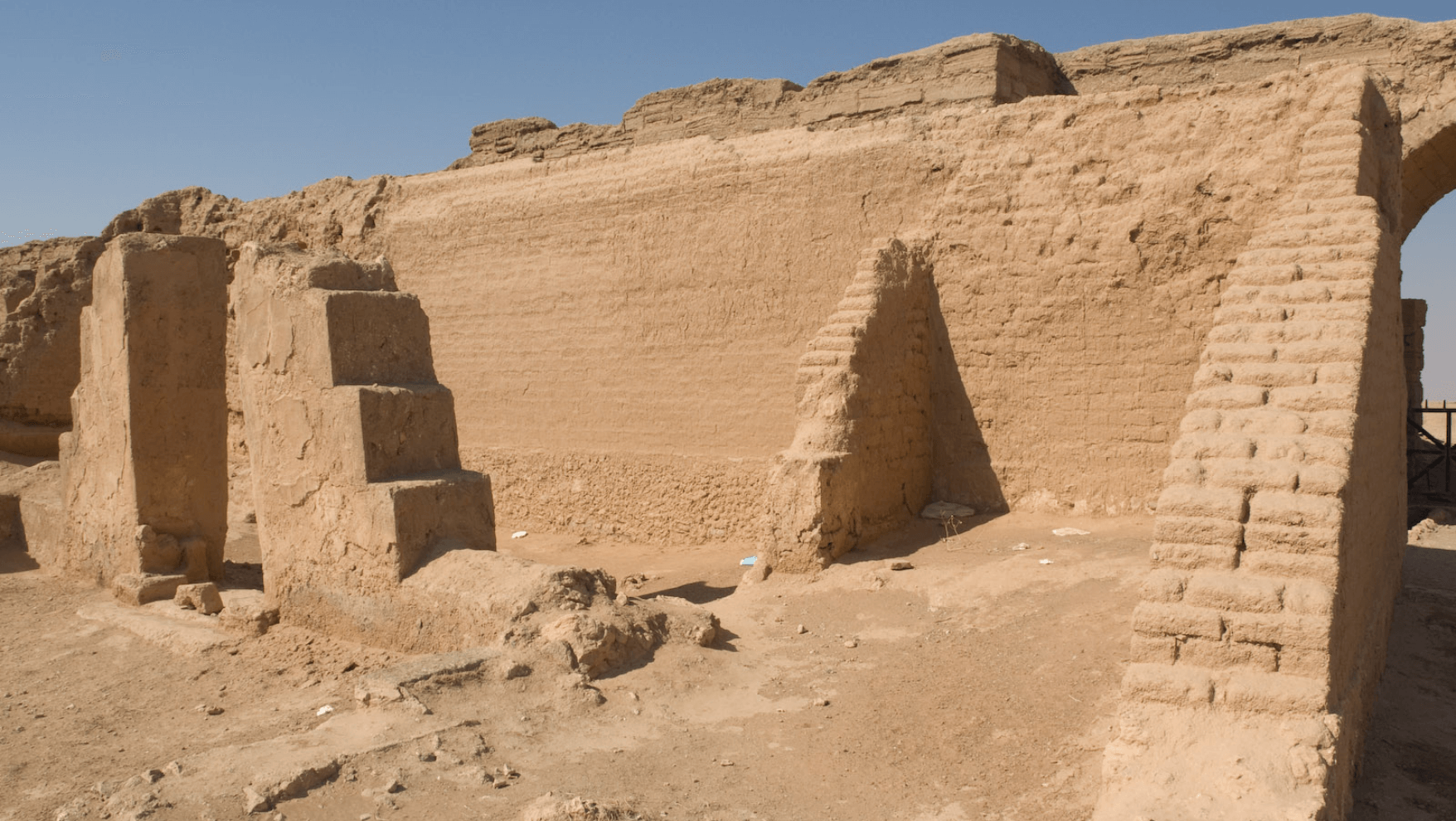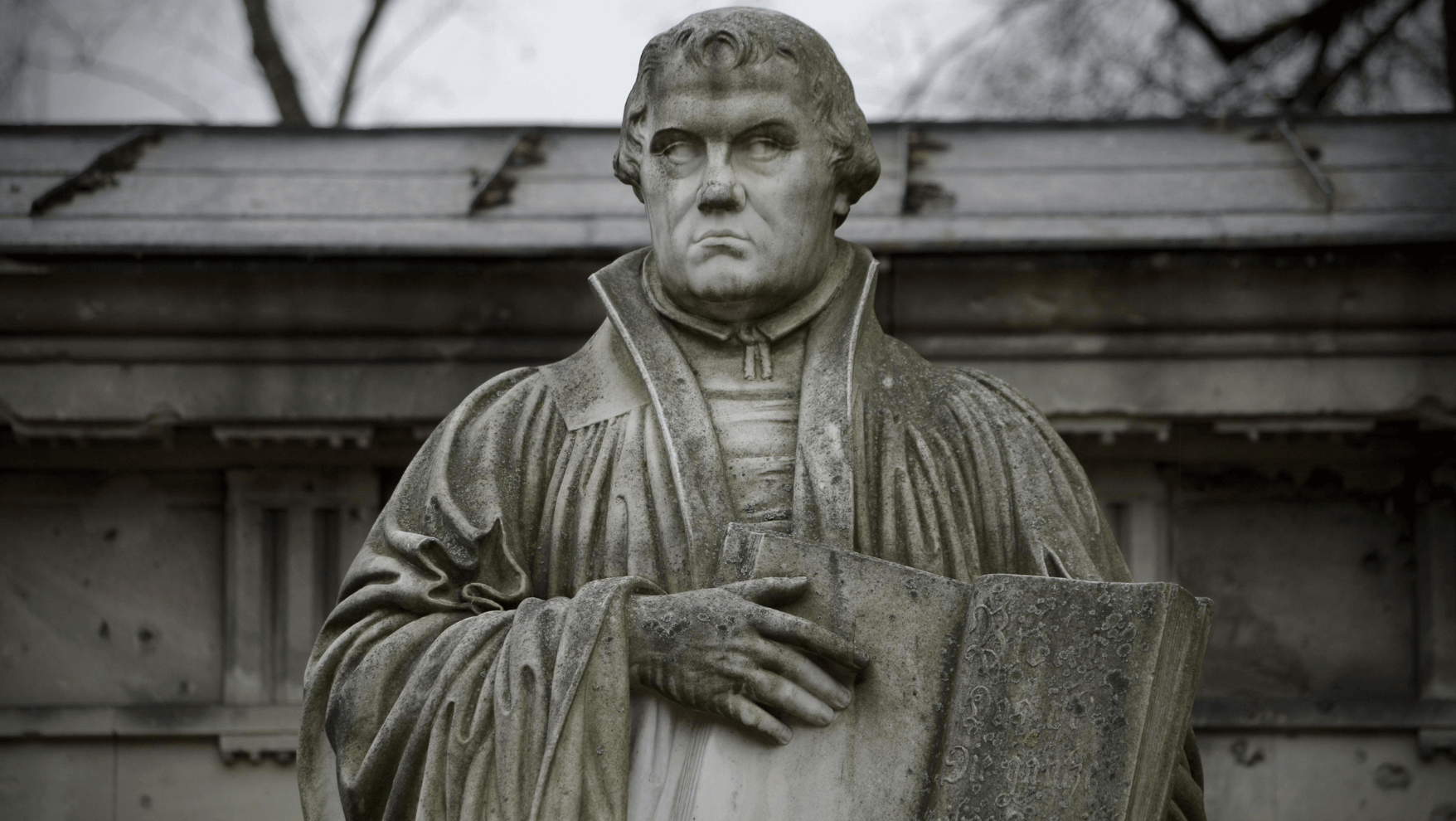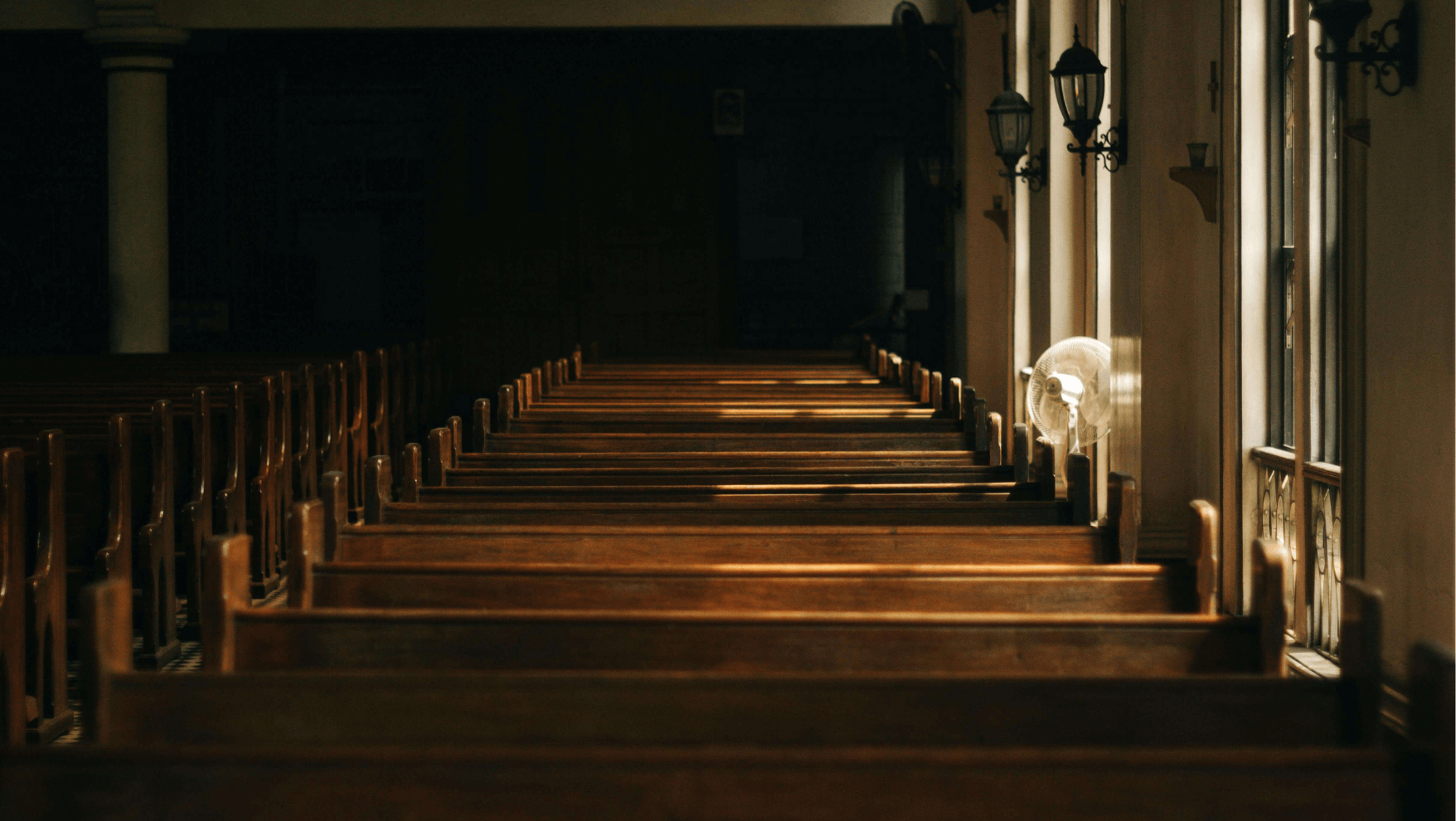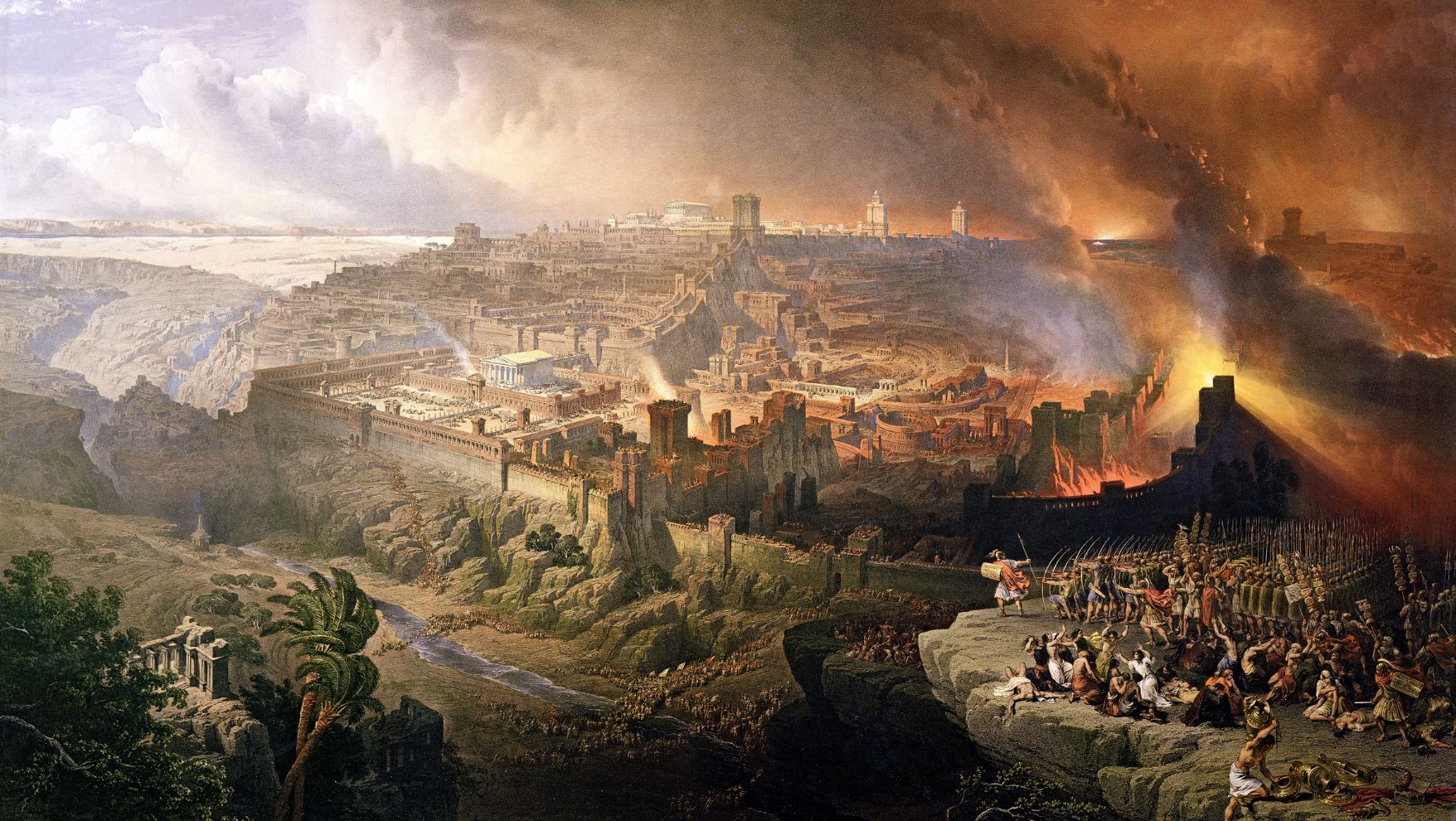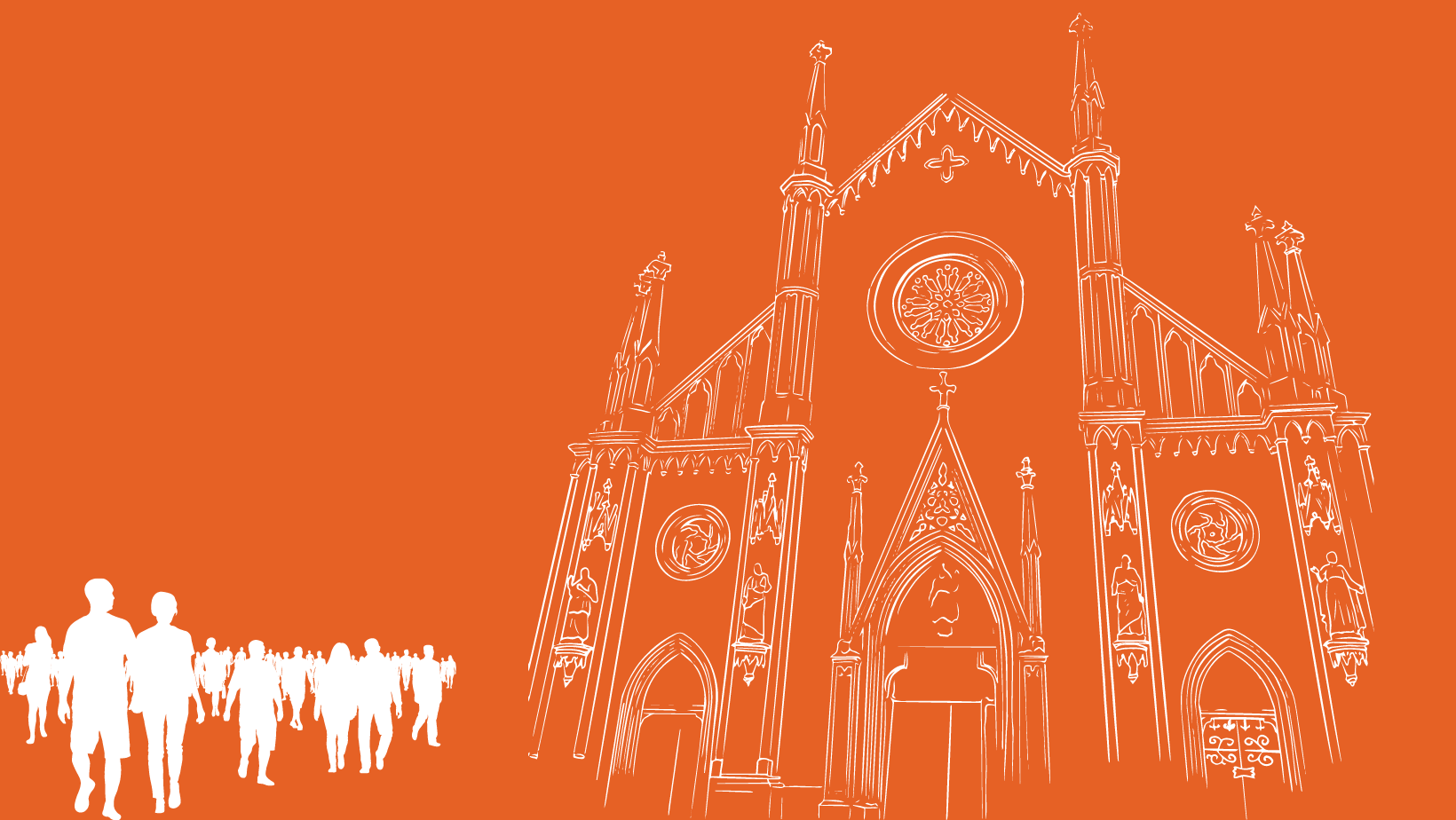
Artwork by Jean-Leon Gerome for Wikimedia Commons
After many years of deadly and intense persecution at the hands of Emperor Diocletian (303-313 A.D.), Constantine’s ascent to power brought the suffering of Christians to an end. Not long after, he worked with Licinius to draw up the Edict of Milan, which finally granted Christians the freedom to worship.
Edict of Milan
The establishment of freedom of religion under the Edict of Milan increased the growth and expansion of the Christian faith, by allowing Christians to worship publicly and establish new churches, T. G. Elliott wrote.
Furthermore, the support of Emperor Constantine made the gathering of the Council of Nicaea possible, which was necessary for the refutation of heresy and the construction of a unified doctrine of faith as seen in the Nicene Creed, Elliott wrote. Today, this creed, a profession of common faith, continues to unify the Christian people.
Constantine’s Conversion
Fundamentally, it was Constantine’s eventual conversion towards Christianity which caused the Roman Empire to change its mind about Christianity. As Constantine was marching with his army, a vision appeared to him and those with him: “A cross of light, superimposed upon the sun, and the words ‘in this conquer’ written in the sky,” A. H. M. Jones wrote.

Art by Jacob Bunel for Wikimedia Commons
Constantine also recounted that Christ appeared to him in a dream, bidding him to mark his soldier’s shields with the sign he saw in the sky, Jones wrote. Constantine did, indeed, have them mark their shields with the sign from the Christian God, and upon winning an incredible victory against Maxentius, Constantine attributed his success to God.
“He resolved to take appropriate measures to express his gratitude and to win further favour,” Jones wrote.
Despite theories to the contrary, it is very unlikely that Constantine’s conversion was purely a matter of policy, because the Christian population was such a small minority at this time, Jones wrote.
Persecution of Christians
During the reign of Emperor Diocletian, the fight between the spiritual and earthly kingdoms resulted in a great persecution of the Christian church, William Bright wrote. Many Christians became martyrs, refusing to renounce their faith, and many more suffered imprisonment and torture.
To undermine and destroy the Christian faith, the persecuting rulers left nothing untried — from the most gruesome tortures to vehemently anti-Christian textbooks in schools, Bright wrote.
“It is impossible for us fully to conceive the varied trials which a persecution brought to bear upon men’s faith: the rending asunder of family ties, the perpetual insecurity, the anticipations of intense agony,” Bright wrote.
As soon as Constantine gained power as Roman emperor, he relieved the Christians of their persecution. This relief was not a sign, however, that he was at that point a Christian, Jones wrote.
Constantine began working with a man named Licinius, who, although not a Christian himself, was nevertheless motivated to bring about better circumstances for the Christian people, in order to promote religious tolerance for all, Jones wrote. Together, they drew up a legislative document, which became known as the Edict of Milan.
The edict included “orders for restoring forthwith to the community of the Christians their places of worship and their other property” and to permit to all a full and unhindered freedom to follow whatever religion one wished, Jones wrote.
The purpose of the Edict of Milan was not to establish Christianity as the official religion of the Roman Empire, but rather to legalize Christianity and permit Christians to worship freely, Bright wrote.
As such, the Edict of Milan was a significant piece of legislation. Freedom from this legal change allowed Christians to worry less about their imminent death and more about clarifying disputed matters of faith in order to establish a unity of belief and disprove the claims of heretics, Elliott wrote.
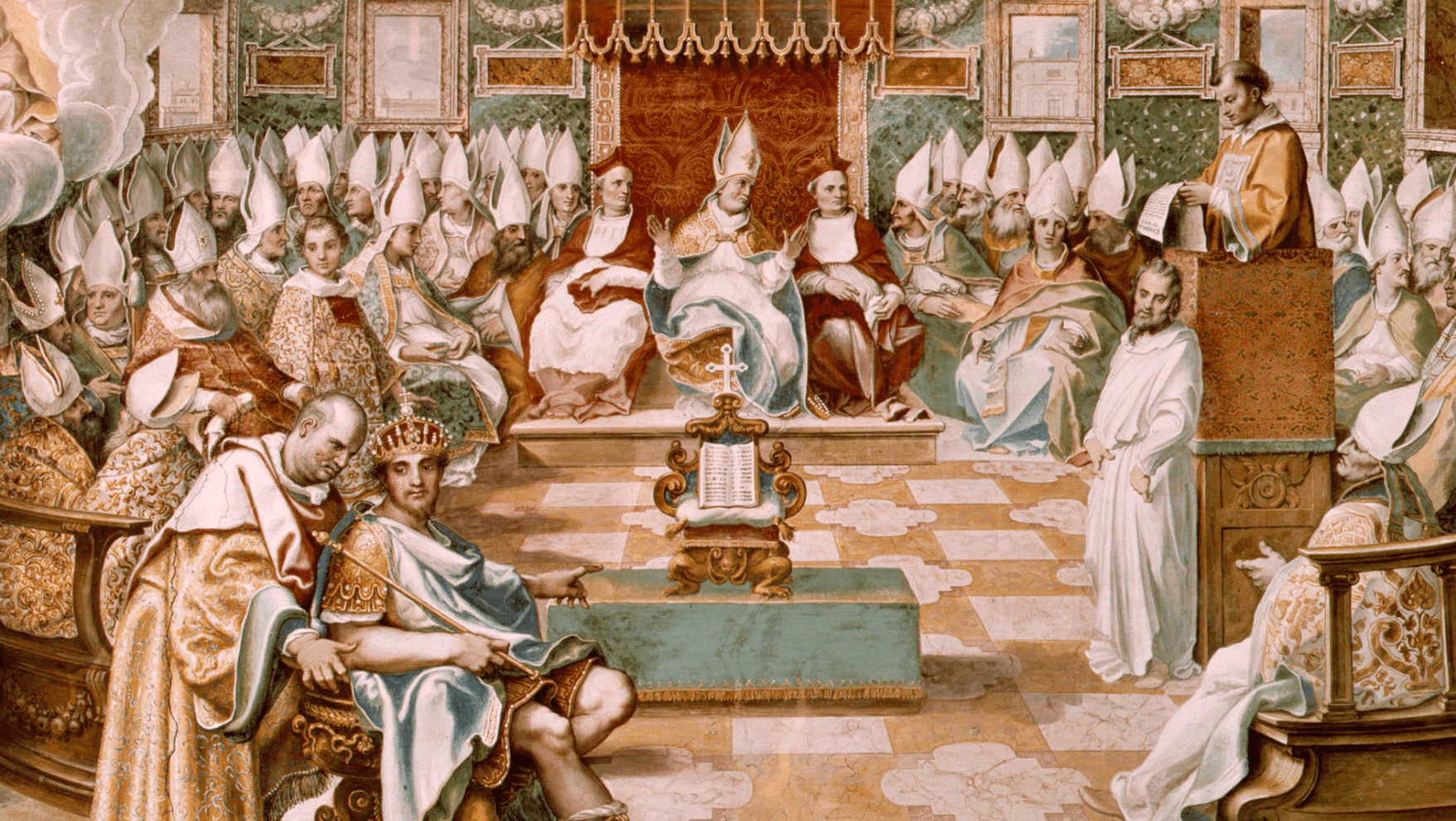
Art by Cesare Nebbia for Wikimedia Commons
The end of this Christian persecution permitted a shift in focus from mere survival of the Church to its growth. The conversion of Constantine and the subsequent Edict of Milan took Christianity from the status of a persecuted religion to one that was not only permitted but actually celebrated. These circumstances brought about the Council of Nicaea and a creed, which Christians around the world still profess to this day.
Conor is a recent graduate from The King's College, with a degree in Philosophy. He is currently working as a freelance videographer and writer.





